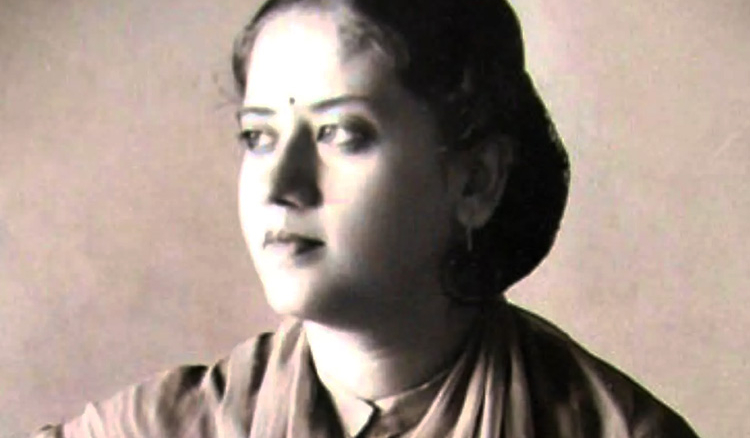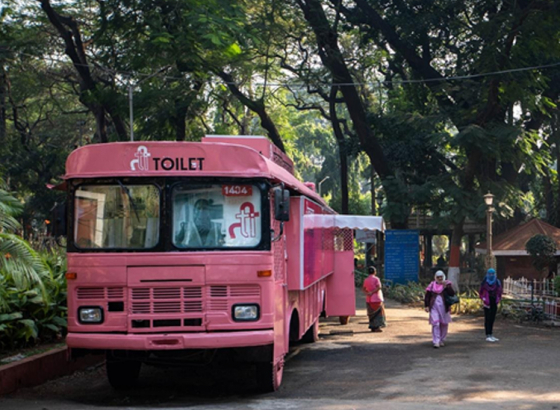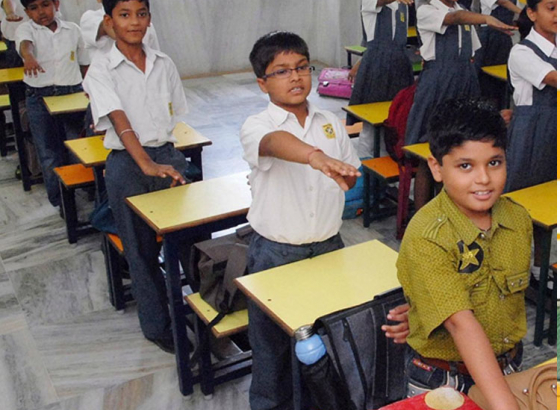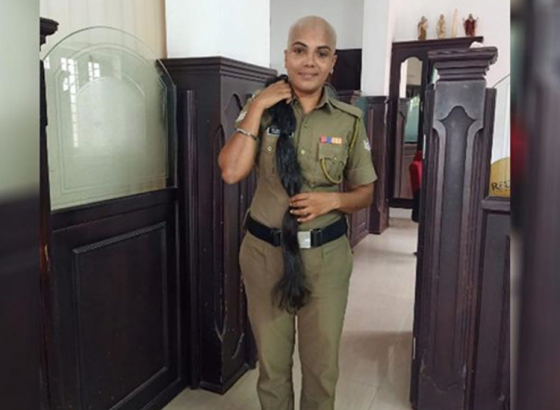A country like India, grappled by evils in the façade of tradition and culture has faced a significant change in the last few decades, especially when it comes to the treatment of women. Where once women pursuing a career outside the four walls of their houses was considered unethical, India now stands at a national average of 65% for female’s literacy which is far below the world average.
Yet, irrespective of such harsh conditions, women strived to make a name for themselves in a “man’s world”, by pursuing what they loved, not what the society expected them to pursue. One of such extraordinary women is A. Lalitha, the first woman engineer of India.
Born in 1919, in Chennai (then Madras), she was born to a family of engineers, her father being a professor in CEG – College of Engineering, Guindy. She was married at 15 but her family persisted that she completes her education and hence she fared well in her 10th standard exams.
At 18, she gave birth to her daughter, Syamala. When Syamala was 4 months old, her husband passed away. Widowed, a single mother and young as she was, A. Lalitha was subjected to the harshness of the society. While Sati was discontinued, widows were still treated badly in society. She went forward to live with her parents and then decided that she would make something of herself for her daughter.
Medicine was popular among woman but she had no interest in working in such a rigorous field, hence she opted for engineering which would provide her with a stable 9 to 5 job. At that time women were not admitted to engineering colleges, but after her father was successful in persuading the dean of CEG to admit her, she became the first woman in the whole country to join an engineering college.
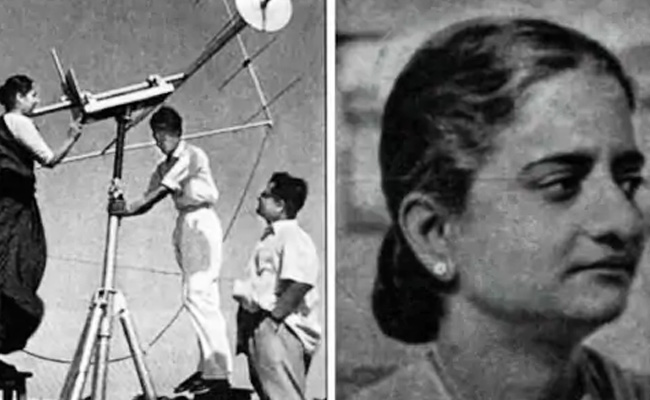
She was the only girl in a collage of hundreds of boys, that too widowed and a single mother. The college was very encouraging of her education and provided her with hostel arrangements separately. her daughter was kept with her family while she pursued her education. But she got lonely being the only female there, hence admission of women was advertised by the college and in came PK Theresa and Leelamma George.
Due to WW II, the college was called off for months and hence she graduated with her juniors with her degree in the year 1944. She got a degree in Electrical engineering while Theresa and Leelamma got theirs in civil engineering.
She joined her father’s research and helped him invent the Jelectromonium (an electrical musical instrument), smokeless ovens and an electric flame producer. She then decided that needs to make a living on her own and went ahead to work with Associated Electrical Industries in Kolkata, a British firm.
She designed transmission lines, substation layouts and conducting contracts. Her contribution to the work of electrical generators in Bhakra Nangal Dam Is substantial. She was the only woman engineer from India to attend the First International Conference of Women Engineers and Scientists which was held in New York in 1964.
She actively represented India in the scientific sphere until she retired in 1977. She passed away in the year 1979 due to an undiagnosed brain aneurysm. She paved way for women to walk tall, shoulder to shoulder in the engineering sphere which was pre-dominantly considered only male-centric. She is a pioneer to the engineering community and must be remembered for the legacy she has left behind.


